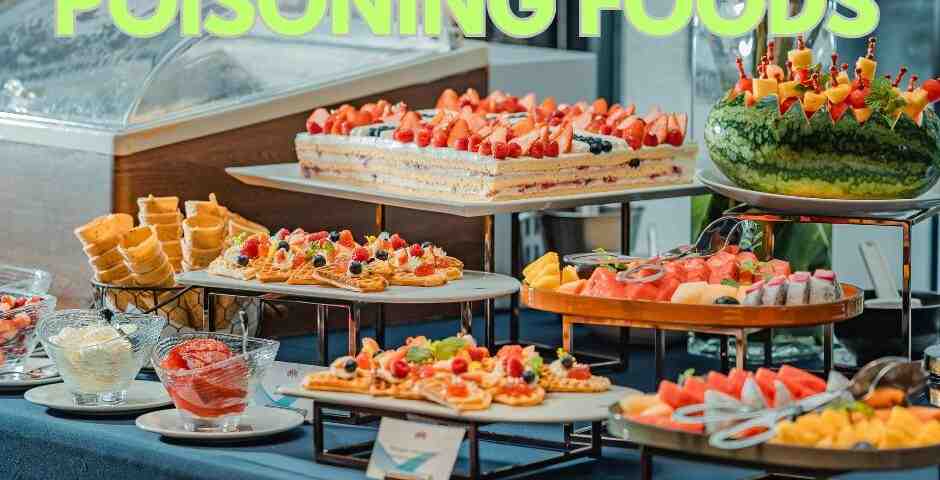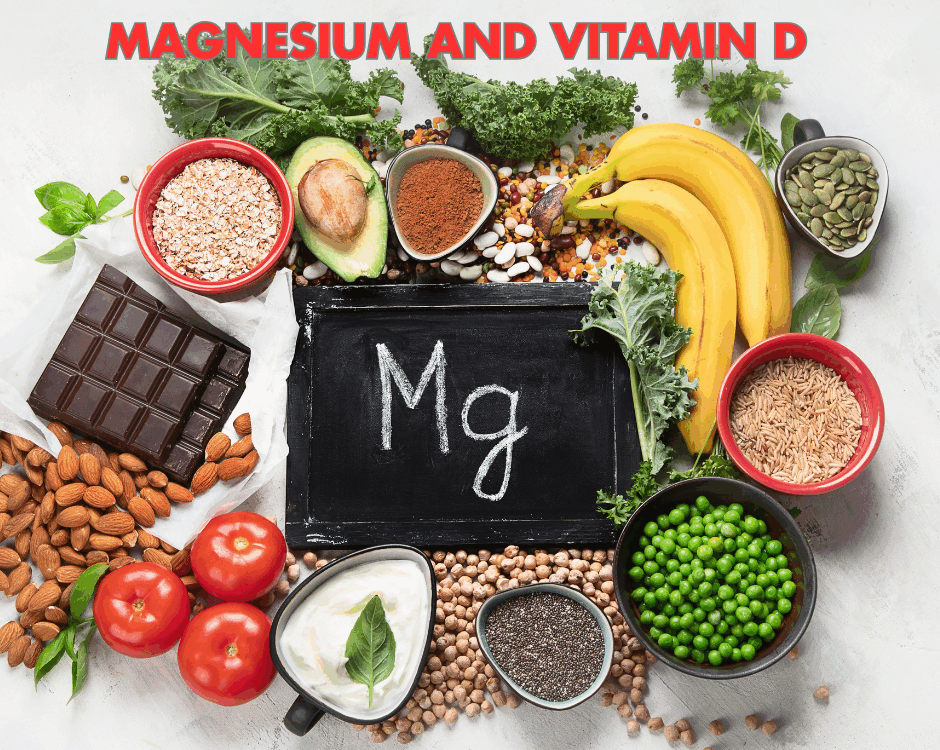Watch Out- High Risk Food Poisoning Foods

Wild Spinach!
August 12, 2025
Back to School Backpack Safety
August 12, 2025- Accident doctor
- accupuncture
- airplane headache
- alzheimer's
- best habits
- Brain Injuries
- car accident
- car accidents
- cervical strain
- colds
- concussion
- Concussions
- disc bulge
- dosage meds
- dry needling
- dull pain
- E bike injuries
- florida
- good posture
- headaches
- Headrest positions
- Headrest positions after an accident
- Healthy choices
- Healthy flying
- healthy gift guide
- Healthy SPring Ideas
- hip pain
- hyperextension
- injury doctor
- insurance
- Kayaking
- kentucky
- kids motion sickness
- lifestyle
- motion sickness
- neck injury
- no fault insurance doctor
- noise healing
- osteoporosis
- pain symptoms
- pink noise
- posterior chain
- posture
- prevent osteoporosis
- Rest
- Scoliosis
- shoulder pain
- Stress with kids after a motor vehicle accident
- TBI
- tips
- tmj
- torn muscle
- Traumatic Brain Injury
- trigger points
- VitaminD
- What are Post Traumatic headaches?
High Risk Food Poisoning Foods
Food poisoning can ruin a special occasion or turn a vacation into a nightmare. Food creates a challenge, striking with nausea and other terrible body functions from a vile hidden bacterium. Certain foods are more likely to harbor these risks due to how they are grown, stored, or prepared. It could be as simple as a family enjoying a fresh salad, unaware of the danger lurking in the greens. Dr. Aaron Workman, a team member of one of the highest rated car accident medical providers in Kentucky, discusses six foods most prone to causing food poisoning and how to enjoy them safely.
- Raw Chicken
Raw chicken often carries Salmonella or Campylobacter, thriving in its porous texture. Improper cooking or cross-contamination can lead to illness. If it is being prepared in the kitchen you should pay attention to everything the raw chicken comes into direct contact with, and what your hands or preparation tools come into contact with. Cook it to 165°F and keep it separate from other foods to stay safe.
- Eggs
Eggs can also harbor Salmonella inside or on the shell if not handled properly. Eating them under cooked, like in runny yolks, ups the risk. Cook until the yolk is firm to avoid trouble and wash hands thoroughly after handling.
- Leafy Greens
Spinach, lettuce, and kale can pick up E. coli or Listeria from contaminated water or soil. Eating these types of greens raw in salads makes thorough washing essential to rinse away potential threats. I wash the greens from my own backyard and tend to skip eating anything that is like a bagged salad in the store.
- Shellfish
Oysters, clams, and mussels can carry viruses, bacteria, and parasites from polluted waters. Eating them raw or under cooked, especially from unsafe or unknown sources, can lead to severe stomach issues. Cook them fully for safety.
- Rice
Cooked rice can grow a bad bacterium called Bacillus Cereus if left at room temperature, turning a staple into a hazard. Those leftovers will not last forever on your counter. Cool your leftovers quickly and refrigerate within a couple of hours to prevent bacterial growth.
- Sprouts
Alfalfa or bean sprouts are vulnerable to Salmonella or E. coli due to warm, moist growing conditions. It is always best to know their source as they are typically eaten raw, making washing important, though cooking them can reduce risks.
To wrap it up, raw chicken, eggs, leafy greens, shellfish, rice, and sprouts are all at the top of the list for food poisoning due to bacteria like Salmonella or E. coli. A 2022 study in The Lancet Planetary Health estimates millions of food poisoning cases yearly, showing just how important it is to know high risk foods. Store perishables below 40°F, cook meats to safe temperatures, and wash produce thoroughly. Use separate cutting boards for raw and cooked items and check expiration dates. If symptoms like vomiting hit, stay hydrated and see a doctor if it persists. With these steps, you can enjoy these foods without worrying about food poisoning.
— This article is written by Aaron Workman, DC, one of the members of Chambers Medical Group’s team of car accident chiropractors who offer a variety of treatments and therapies ranging from diagnostic testing to various soft tissue therapies for car accidents and injuries in Kentucky.




